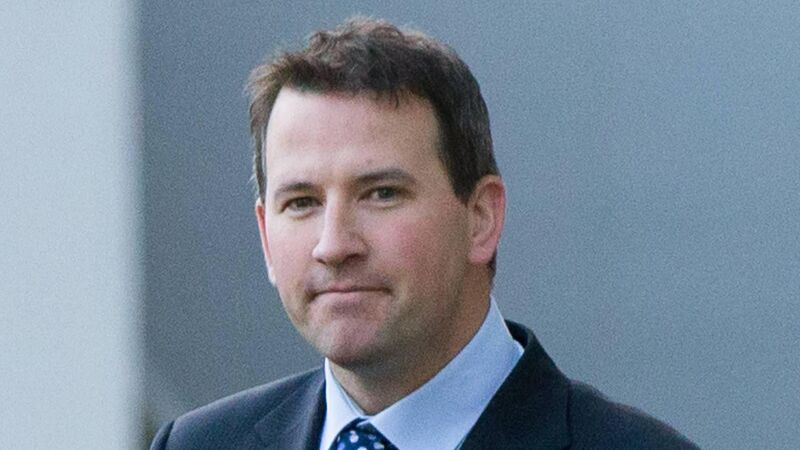Supreme Court decision on Graham Dwyer conviction appeal to be given on Wednesday

Graham Dwyer is serving a life sentence after he was convicted at the Central Criminal Court in 2015 of the murder of Elaine O’Hara. File picture
A seven judge Supreme Court will rule on Wednesday on Graham Dwyer’s last ditch appeal of his conviction for the murder of childcare worker Elaine O’Hara.
The former architect has been serving a life sentence after being convicted at the Central Criminal Court in 2015. He has always denied the murder.











